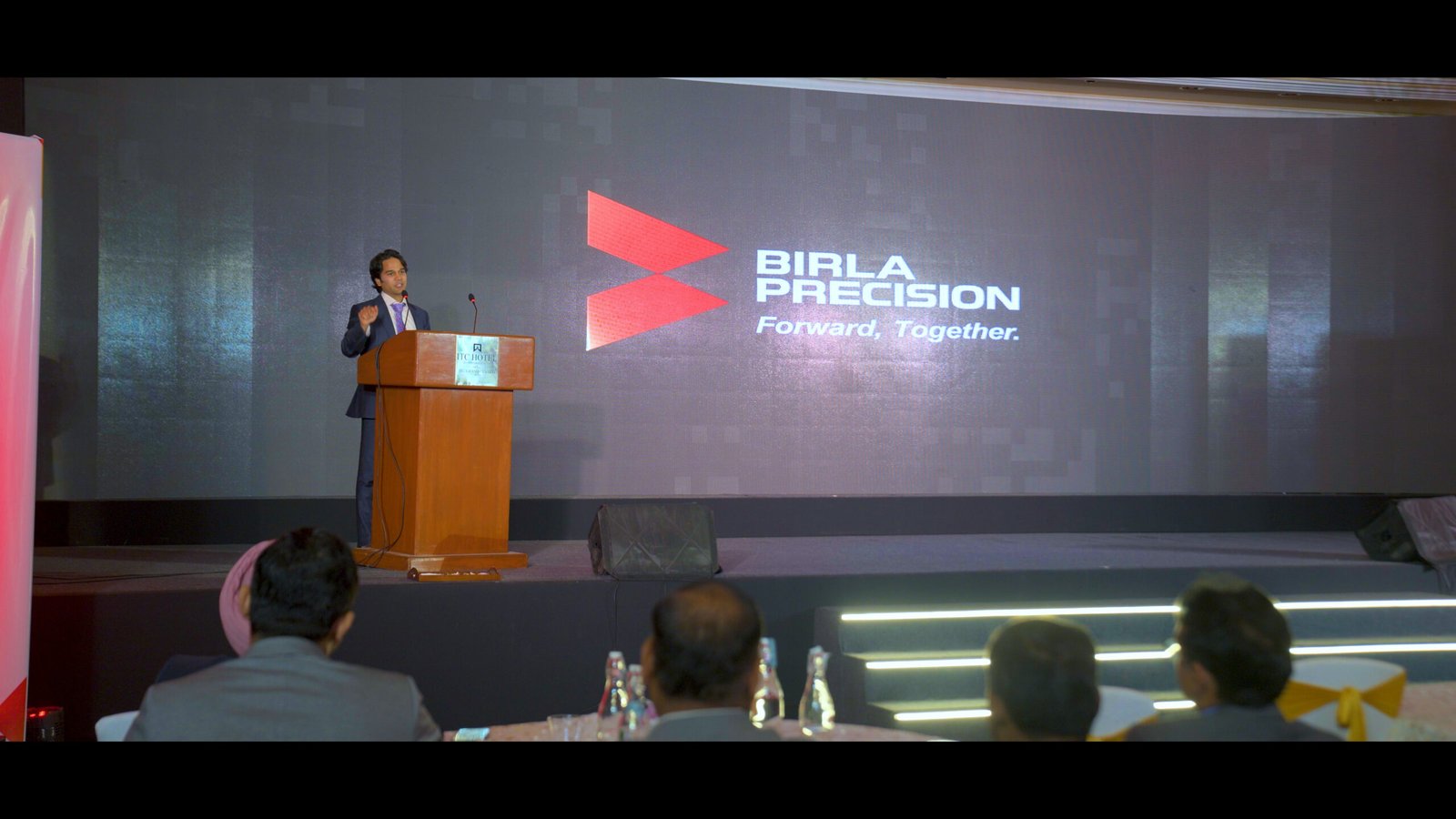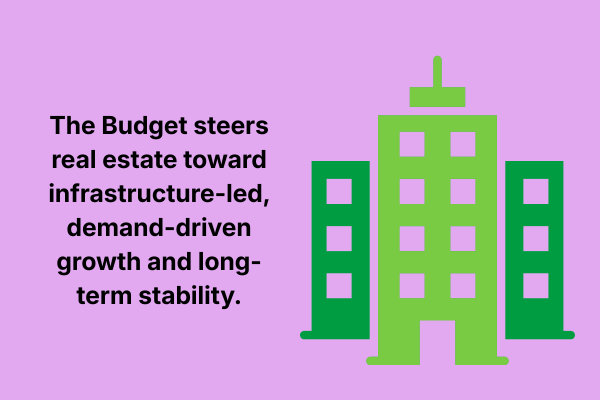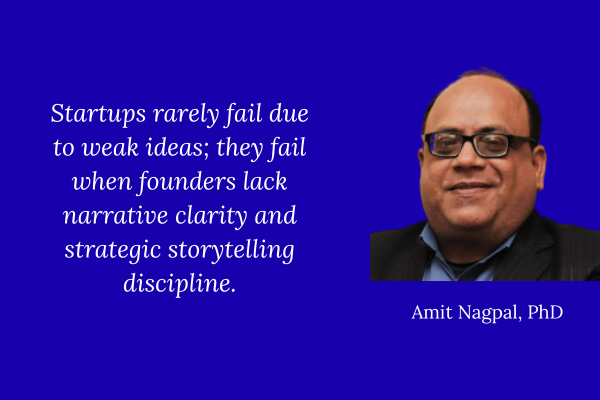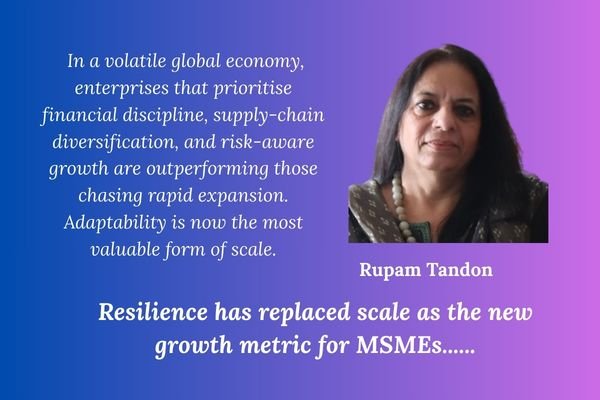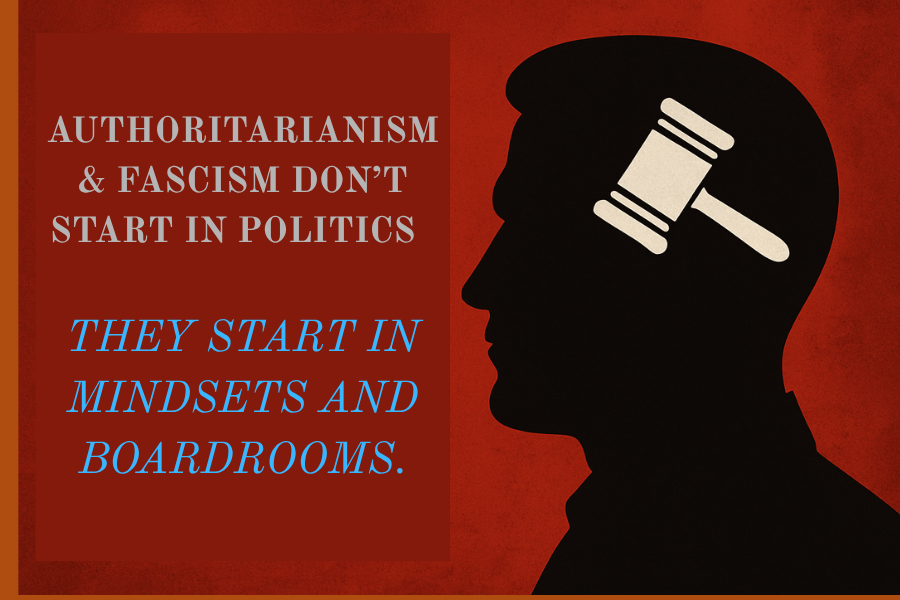In times of crisis or transition, the temptation to cling to certainty becomes dangerously appealing. But when certainty turns into absolutism—the belief that “whatever I think, believe, or say is correct, and only my version is valid”—we cross into the realm of authoritarian psychology. This mindset, at its extreme, has historically laid the foundation for Fascism and Nazism. It dehumanizes others, rejects dialogue, and glorifies control.
What we often overlook is that this tendency doesn’t begin in political parties or state structures. It begins with a psychological posture—a refusal to accept complexity, contradiction, or dissent. It begins when leaders or institutions refuse to be questioned, when systems are designed to punish disagreement, and when criticism is treated as betrayal.
In the 1930s, this was the fertile ground that nurtured fascist ideologies. In our own times, it quietly creeps into corporate boardrooms, media narratives, social media algorithms, and enterprise culture.
Absolutism in Business Leadership
Enterprises today operate in dynamic, complex, and often uncertain environments. While decisiveness is a key entrepreneurial trait, it must not morph into ideological rigidity. Many small enterprises, family-owned businesses, and even startups suffer when founders or decision-makers adopt a belief in their infallibility—resisting input, shutting down team feedback, or refusing to adapt.
Authoritarian business environments often:
- Penalize independent thinking;
- Reward blind conformity;
- Mislabel questions as disloyalty;
- Foster burnout through micromanagement.
This mirrors, in form if not in scale, the same exclusionary logic that totalitarian ideologies imposed on society at large: there is only one right way, and it is mine.
The Economic Cost of Intolerance
Whether in politics or enterprise, absolutist thinking is not just ethically troubling—it is economically unsustainable. Diverse teams, inclusive leadership, and open systems of knowledge-sharing are now recognized as key drivers of innovation. In contrast, rigid hierarchies and top-down control systems limit adaptability and resilience.
The authoritarian mindset is not compatible with a 21st-century economy that depends on collaboration, networks, and co-creation. And yet, many sectors—especially where digital transitions, generational shifts, or political interference are at play—show signs of a growing intolerance toward difference, criticism, or alternative models.
Reclaiming Humility and Dialogue
Whether in a political party, a public institution, or a small enterprise, humility is the first line of defense against fascism. It is the recognition that no one has a monopoly on truth, that progress comes through dialogue, and that leadership includes the ability to listen—and to admit error.
In the business world, this humility shows up in:
- Participatory management approaches;
- Learning organizations that embrace feedback;
- Policies that center inclusion over uniformity.
A pluralistic enterprise culture is not only morally necessary—it is vital for long-term survival.
Fascism begins in the mind long before it shows up in public life. When we declare others wrong by default, dismiss opposing views as threats, or shut down spaces of dialogue, we begin to mirror the same absolutist tendencies that fueled the worst ideologies of the 20th century.
Today, as we navigate volatility across economies, societies, and belief systems, we must ask: Are we building cultures of fear and conformity—or ecosystems of trust, dialogue, and shared futures?
The choice is not merely political. It is deeply personal, professional, and moral.
Author Profile

-
Perumal Koshy is Editor of Global SME News and Director of Strategic Initiatives at Enterprise Futures Lab. He writes on MSMEs, enterprise development, and policy issues affecting small business ecosystems.
Linkedin: https://www.linkedin.com/in/caushie/
Latest entries
 FEATURED2 February 2026Outlook 2026 | Real Estate: Infrastructure-Led Growth, Integrated Communities, and the Trust Imperative
FEATURED2 February 2026Outlook 2026 | Real Estate: Infrastructure-Led Growth, Integrated Communities, and the Trust Imperative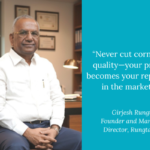 Entreprenurs30 January 2026Quality, Crisis, and Consistency: The Rungta Tea Story
Entreprenurs30 January 2026Quality, Crisis, and Consistency: The Rungta Tea Story Entreprenurs21 August 2025Entrepreneurship, Values, and Corporate Governance: Building Nations, Not Just Profits
Entreprenurs21 August 2025Entrepreneurship, Values, and Corporate Governance: Building Nations, Not Just Profits Africa13 August 2025 A New Landmark Report Calls for Rethinking SME Policies, Digital Readiness, and Sustainable Growth
Africa13 August 2025 A New Landmark Report Calls for Rethinking SME Policies, Digital Readiness, and Sustainable Growth
